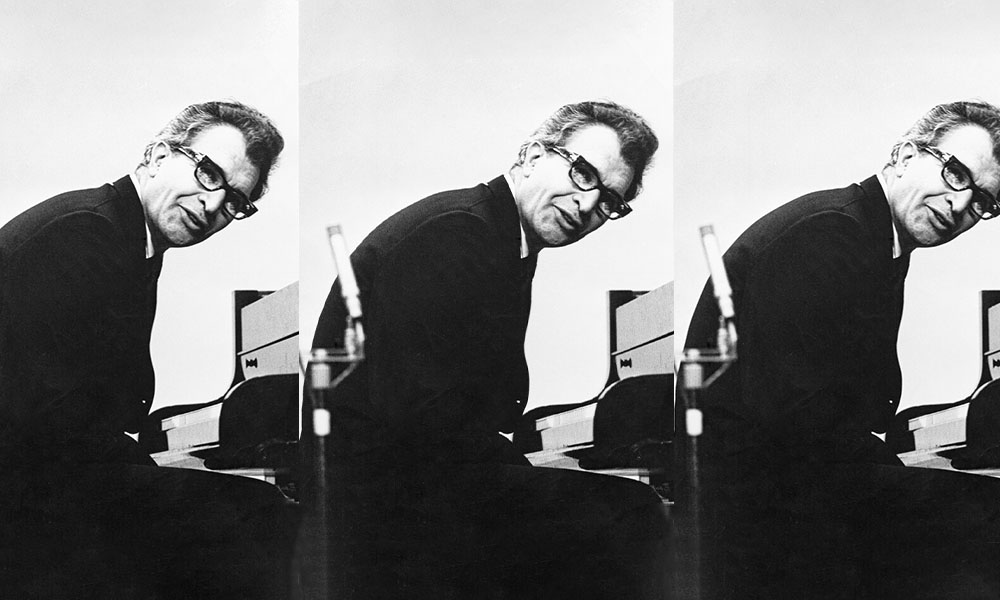Israel’s Women Are Forced to the Back of the Bus
Back in 2003 I took a bus from downtown Jerusalem to my home in the northern suburb of Ramot, a mixed secular and modern Orthodox...
Summer Music Interview | Dave Brubeck’s Jewish Music
Dave Brubeck talks about spirituality, jazz and why he writes Jewish music.
Letter from Myanmar
After decades of repressive military rule, Burma's Jewish community has dwindled to about 20 members. Is there hope for its future? A rare look at life inside the isolated community.
Last day to send in your Elephant in the Room essays!
Today is the deadline to submit your entry for the Elephant in the Room contest. Many voices have already joined the conversation, but it's still...
The Life and Times of Skokie
The pristine lawns and perfect sidewalks of this Chicago suburb made it a haven for Holocaust survivors—until the neo-Nazis decided to march. This is the story of survivors overcoming their reluctance to speak out, transforming themselves and the community they lived in. But that didn’t help Sonia Reich, who thought she saw yellow stars on her lawn.
What does it mean to be a Jew today? What do Jews bring to the world today?
What does it mean to be Jewish today? What do Jews bring to the world? Mel Brooks, Ruth Bader Ginsburg, Elie Wiesel, Itzhak Perlman, Ruth Wisse, Geraldine Brooks and other thoughtful Jewish Americans tell Moment what they think.
It’s All About Culture: The Elephant in the Room
Many writers approached the Elephant in the Room contest by discussing Jewish culture, both as a social and legal community:
“What list did was ensure...
It's All About Culture: The Elephant in the Room
Many writers approached the Elephant in the Room contest by discussing Jewish culture, both as a social and legal community:
“What list did was ensure...
Helen Schulman on This Beautiful Life
by Beth Kissileff
Helen Schulman is the author of novel This Beautiful Life, her fifth novel, which takes on the contemporary issue of privacy and the...
Questioning the Question: The Elephant in the Room
In proper Jewish tradition, many of the essays we received for the Elephant in the Room contest answered our question with a question:
“So there I...



